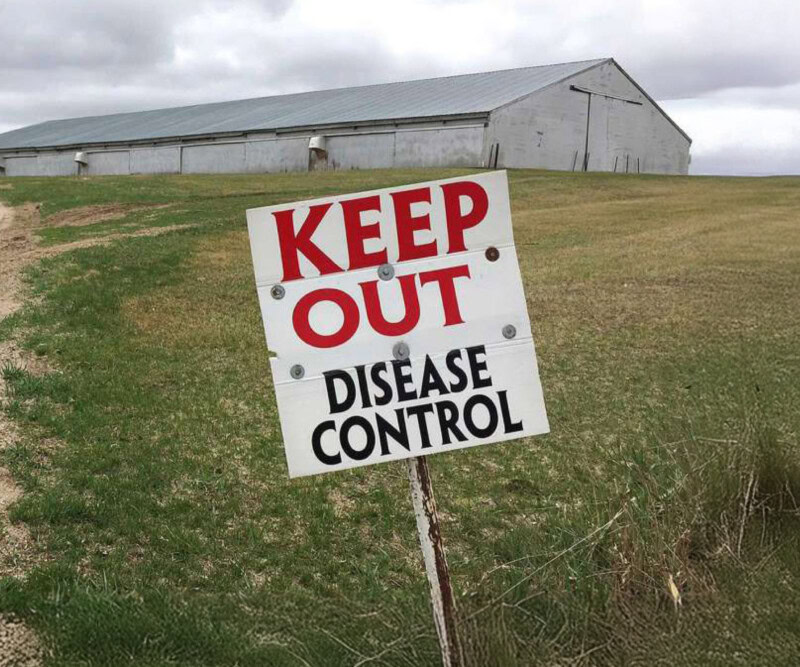You’ve guzzled three cups of coffee at work, but still can’t seem to wake up. You’re feeling sluggish and aren’t able to focus on the tasks at hand. Does this situation sound familiar to you? If you’re like many of the workers in the United States today, chances are you’re suffering from insomnia or insufficient sleep.
According to the Journal of Occupational and Environmental Health, a lack of sleep can negatively impact your job performance and productivity. It can even harm your long-term health by leading to chronic diseases like hypertension, diabetes, obesity or depression. The Centers for Disease Control (CDC) has also reported a strong link between sleep insufficiency and motor vehicle crashes, industrial accidents and medical or occupational errors.
Whether it’s stress, technology or a demanding work schedule, there are many factors that may be contributing to your insomnia or sleep insufficiency. Here are a few tips to help you get your recommended seven or eight hours of sleep:
•Set a schedule: Go to bed the same time each night and wake up at the same time each morning—even on the weekends.
•Watch what you eat (and drink): Avoid heavy or spicy meals, caffeine and alcohol before bedtime. You should also avoid nicotine, which can disrupt your sleep.
•Get comfortable: Make sure your mattress and pillows are comfortable and supportive. Remember to keep your bedroom cool—between 60 and 67 degrees—for ideal sleeping conditions.
•Remove distractions: Unplug from the day by removing your laptops, work documents or televisions from your bedroom. You should also remove any noises or lights that might disturb your sleep.
Are you having trouble sleeping? Find more healthy sleep tips from the National Sleep Foundation at sleepfoundation.org.




